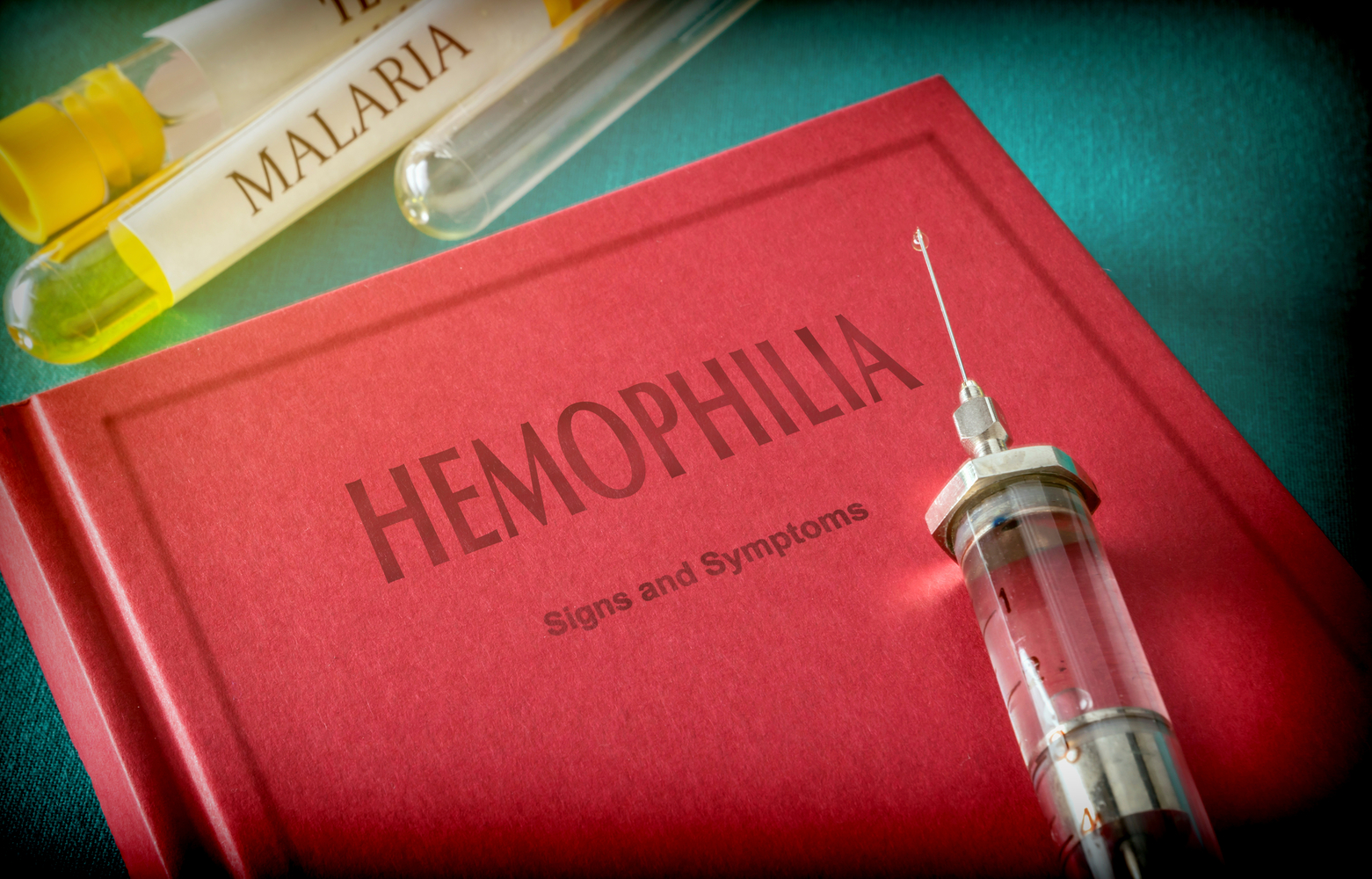
Prevent the Risk of Hemophilia by Following These Tips
Hemophilia is a bleeding disorder that mostly affects men. In this condition, the blood does not clot the way it should. Here, you will learn about the risk factors and prevention tips for hemophilia to better understand this bleeding disorder.
Risk factors for hemophilia
Gender
The risk of developing hemophilia is higher in men than in women. As the defective gene can be passed from mother to son, hemophilia tends to occur in males. Women are at risk during and after pregnancy.
Family history and genetics
If one or both parents have hemophilia, you are at an increased risk of developing the disease. This happens as a result of a defect in one of the clotting factor genes on the X chromosome. A person inherits a sex chromosome each from each parent. A male child inherits X-chromosome from his mother and Y chromosome from his father, whereas a female inherits and X chromosome each from the father and mother. This is why hemophilia occurs mostly in men while females are simply carriers, experiencing no signs and symptoms of this condition.
Age
Acquired hemophilia can occur at any age, but older people are at higher risk. People aged 60 and above are at an increased risk of developing this condition.
Other medical conditions
The medical conditions mentioned below can increase the risk of developing hemophilia.
- Bowel diseases
- Cancer
- Hypothyroidism
- Autoimmune disorders
- Infections
- Liver disease
- Pregnancy
- Trauma
Medical treatments
Certain medical treatments for cancer, such as anticoagulants or blood thinner medicines and interferon-alpha, can also increase the risk of hemophilia.
Once you know about risk factors and prevention tips for hemophilia , you can take the right steps to fight this disease.
Prevention tips for hemophilia
The risk factors and prevention tips for hemophilia will vary from one person to another. Hemophilia, which is caused by inheriting a defective gene, cannot be prevented. If the bleeding disorder runs into your family, talk to your healthcare professional for genetic testing. Couples who know they are at risk of having a child with hemophilia can receive counseling from a genetic counselor. Your baby can be tested for hemophilia either during pregnancy or immediately after birth. For people living with hemophilia, there are preventive measures that can reduce the risk of excessive bleeding.
- Avoid certain pain medications that can aggravate bleeding include aspirin and ibuprofen.
- Avoid blood-thinning medications that prevent blood from clotting.
- Exercise and maintain a healthy weight.
- Follow a good dental hygiene routine.
- Protect from injuries that can cause bleeding by wearing knee pads, elbow pads, helmets, and more.
- Go for tests regularly for blood-borne infections.
- Treat bleeds early.
- Get vaccinated.
Awareness about the risk factors and prevention tips for hemophilia is important. Talk to your healthcare professional if hemophilia symptoms appear or a family member has been diagnosed with this bleeding disorder.


